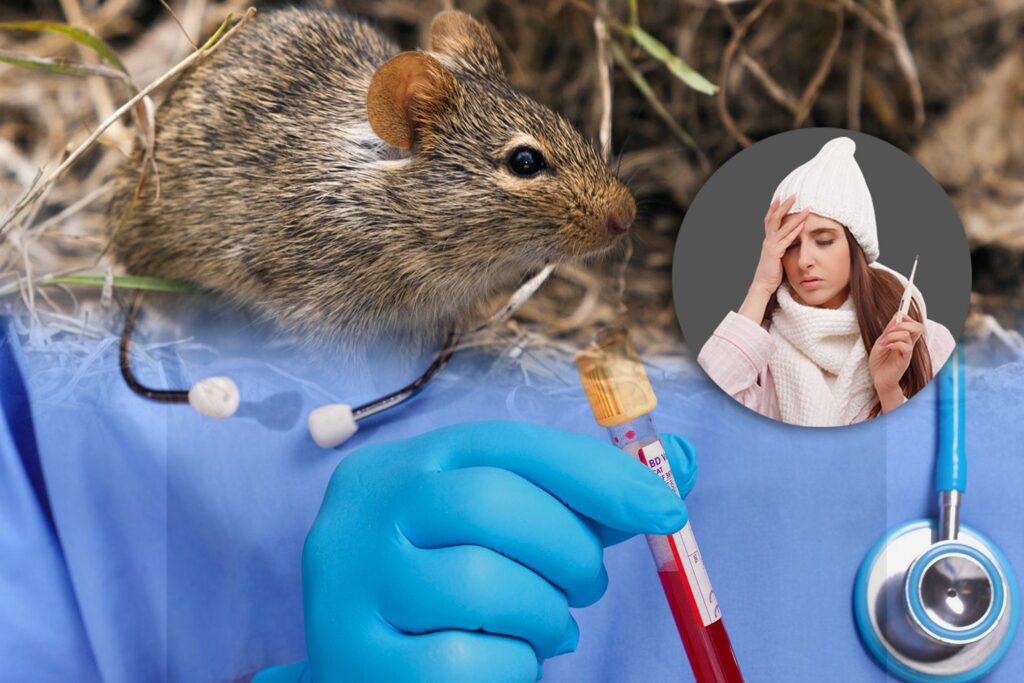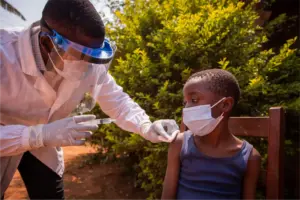
Health authorities in the United Kingdom are keeping a close watch for any possible cases of Lassa fever following a visitor who had been to England being confirmed to have the virus. The person, who has since gone back to Nigeria, tested positive for the virus, and the UK Health Security Agency (UKHSA) moved swiftly to trace and screen anyone who might have come into contact with them.
Authorities have assured the public that Lassa fever is not easily transmitted between people, and the general risk of an outbreak in the UK is extremely low. Health authorities say that the person who has not been specifically contacted by UKHSA is extremely unlikely to have had any contact with the virus.
Learning About Lassa Fever and Transmission
Lassa fever is an endemic viral disease found in various West African nations, meaning that it occurs in those places fairly regularly. The most common form of transmission comes from coming into contact with food or other items in the household that are contaminated by urine or feces of infected rodents. In others, the virus also spreads via contact with infected individual bodily fluids like blood, saliva, urine, or semen.
Some individuals who contract Lassa fever might not display any symptoms at all, with others having symptoms such as fever, muscle pain, and general weakness. When it reaches the severe stages, the illness induces nosebleed, mouth bleeding, or even other body organs bleeding, with, in few cases, rare chances of mortality. Otherwise, the majority are treated with total recovery.
UK’s Response to the Lassa Fever Case
Though Lassa fever is uncommon in the UK, it is not the first time it has been reported. The most recent confirmed cases were reported in the country in 2022. Authorities have allayed the public’s fears that the country has well-structured systems for detecting and controlling such infections effectively.
The UKHSA is in full gear trying to trace and contact those people who could have been exposed to the virus during the time that the infected traveler was in England. Dr. Meera Chand, Deputy Director of the UK Health Security Agency, stressed that health protection teams are actively contacting potential contacts.
“Our teams are working quickly to contact and inform anyone who might have been in close contact with the person while they were in the UK. This will enable them to receive proper medical advice and testing if they start to develop any symptoms. But Lassa fever is not easily spread from person to person, and the risk to the general public remains very low,” Dr. Chand said.
Treatment and Management of Lassa Fever
There is no single, very effective treatment for Lassa fever. Nonetheless, patients who have been diagnosed with the virus are given supportive medical treatment, which involves hydration, monitoring of symptoms, and drugs to alleviate certain symptoms. Hospitalization can be necessary for severe cases and intensive medical treatment.
Public Reassurance and Precautionary Measures
In spite of the confirmed case, UK health officials are still confident that they can contain the case and stop any possible spread. They still encourage vigilance and caution, particularly for travelers to or returning from West African countries where Lassa fever is more prevalent.
The UKHSA has assured the public that it is doing all that it can and will issue any further information as soon as more details are available. At this stage, the risk of a UK Lassa fever outbreak is still low, and health officials continue to keep a close eye on the situation.








